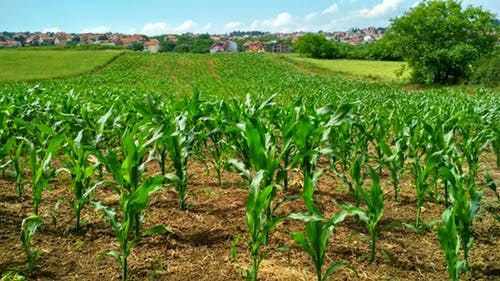
Mining & Trade News
Malawi Online News
Top Stories
Agriculture
Gvt talks tough against fraudulent AIP agro-dealers
January 15, 2022 / Bester Kayaye

Government has woken up to the increased proliferation of counterfeit and substandard fertilisers, which has robed poor farming families substantial investments intended for this years’ farming season.
Unscrupulous agrodealers are reported to have flooded the local agro-input retail market. especially in the central and southern regions of the country, with maliciously adulterated and counterfeit fertilisers
Reacting, the Principal Secretary in the Ministry of Agriculture, Erica Maganga, has warned government-accredited suppliers of fertilisers under the Affordable Input Programme (AIP) against duping farmers saying perpetrators will face the law.
“Some unscrupulous suppliers are selling AIP beneficiaries fertilizer mixed with sand or sand packed in bags. The malpractices constitute crimes within this country’s laws,” she said in a statement that went on to stress that the Malawi Police Service had already made some arrests and that government would be deregistering and banning suppliers involved in the malpractices.
She said the Ministry in collaboration with the Malawi Bureau of Standards (MBS) have intensified tests to ascertain the quality of fertilizers being sold through AIP.
Maganga has also requested the general public, farmers and stakeholders to be vigilant and immediately report to the Ministry or nearest police when the authenticity of any AIP fertilizer is under question.
A toll free number- 3013, has been issued for both Airtel and TNM subscribers to use in reporting any suspicious activity in the process of distributing AIP.
Apart from selling counterfeit fertilizers, the absence of some private fertilizer suppliers on the market is also hampering progress of the AIP as quasi government ADMARC and SFFRFM remain the only reliable suppliers. The situation has resulted in long queues at available selling points.
Famers are further warned to desist from selling away their National ID cards, as this deprives them the opportunity to benefit from the AIP.
The current AIP was launched on October 16, 2021, by the State President, Dr. Lazarus McCarthy Chakwera. It is expected to improve household and national food security and will directly benefit 3.7 million farmers.































